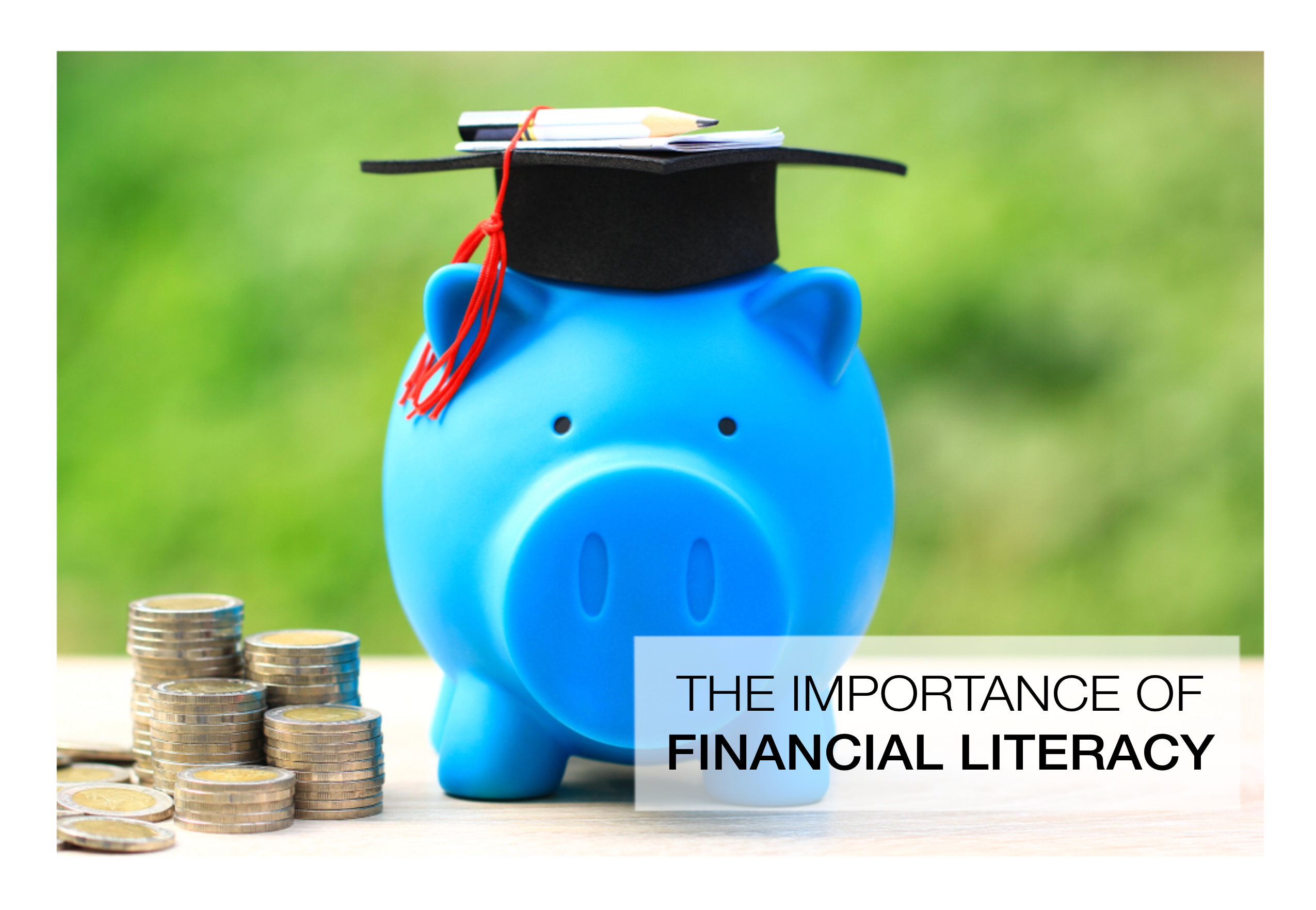When I was a money manager, one of my clients was a successful investment banker. He managed multi-million dollar M&A transactions, but this gave him little time to handle his own personal finances. When September 11th happened, he was petrified.
He called me in panic about what lay ahead. He needed counselling on his personal finances in the face of the unknown.
I share this anecdote to highlight a reality that affects many of us. Just because you’re educated and at the top of your game – be you an investment banker, an attorney, an engineer, a doctor, an entrepreneur, or some otherwise savvy individual – doesn’t mean you are best placed to manage your money or are financially “literate.”
Financial “illiteracy” doesn’t imply stupidity. In fact, it’s understandable that many don’t know about the dollars and cents of managing money. It’s not some inherited trait; it’s learned through experience. We blogged about this as far back as 2019.
Society is catching on. This May, Florida Gov. Ron DeSantis signed the state’s “Financial Literacy Act.” This will require high school students to take a financial literacy course before they can receive a standard high school diploma. But what about everyone else out there?
Knowing what you don’t know is the first step in being able to improve your financial literacy. Dangerous is the person who believes they know far more than they do. It’s a cognitive bias psychologists call the Dunning-Kruger effect.
“The wise man is one who knows what he does not know.” Lao Tzu
With investing, start by learning the fundamentals. That could mean the differences between cash; bonds (aka, fixed income); stocks (aka, equities); and mutual funds (aka, ETF, or “exchange traded fund”).
ETFs can be a collection of stocks, bonds or other securities sold in a wrapper as a share (an equity) that can be purchased on a stock exchange, such as the NYSE.
Stocks are buying ownership in a company, where you may be remunerated by sharing some of the profits, known as a dividend. It is common practice that they are distributed each quarter based on a decision made by the board of the company and calculated based on the number of shares you own.
Bonds are a company’s debt. Similar to equities, they pay a coupon usually determined at issue. Bonds are divided into categories such as corporate and government bonds, like when a city or county sells bonds to raise money to underwrite a large infrastructure project.
If you’re thinking of buying a mutual fund or an ETF, maybe you want one focused on “emerging markets.” The selected ETF or mutual fund invests in one of two asset classes: stocks or bonds. Their constituent securities will all be from market economies that are classified as emerging, such as Brazil, Russia or Taiwan.
Investing is full of nuance. If a company in which you buy shares were to fail, you should know that the bondholders get paid before you – if anyone gets paid at all. This is called “where you sit on the capital structure,” and – along with the general vulnerability of investing anywhere – it gives clarity to the adage, “investing involves risk.”
If a friend or broker you know tells you, “I know a guy who’s putting together a hedge fund,” are you confident enough to determine the opportunity and the risks of such an investment. Are you financially and emotionally capable of withstanding the losses should the market go south?
Do you know someone who recently purchased a stake in a cryptocurrency? Think he or his investors are happy with their decision right now? Could they even explain why they were buying it in the first place? Think the person they were buying the cryptocurrency for could?
What are short- and long-term gains or losses and what are their tax implications? Sure, your accountant will let you know how you did (i.e., for any you sold in the past tax year, will you have to pay taxes on the gains or enjoy a deduction for any losses?). But isn’t it better if you know the rules going in? Are you mentally “invested” in the process to stay atop your investments’ and understand your performance?
Some people are “set it and forget it” type of investors. They’re hands off investors who hire professionals to handle all – and I mean ALL – the details. And that’s absolutely fine. But in my opinion, you should, at the very least, have a basic understanding so you can have a productive discussion with your advisor.
For many investors, they see it as a long game, typically with an eye for retirement. That money is not to be gambled with. Those who do “gamble” often read the financial trade publications regularly and believe they have a solid understanding of the markets and the risks involved.
Assuming you know you don’t know it all, how can you learn? For Pete’s sake, don’t rely on the internet and social media such as Google and TikTok.
Do your reading. Find books on Investing that will explore the topic at your level. The local public school or community college often will offer adult education courses on financial literacy. Or better still, find an independent person who will help guide you. After years on the trading desks and working in many markets and working hand in hand with families and investors to comfortably and confidently to help build their portfolios, my philosophy when working with clients is two-fold: 1) Keep it simple and explain the lessons in plain English; and 2) Always focus on “teaching a man to fish.”
Once you know how to fish, then you’re ready to invest with confidence.

Leave A Comment